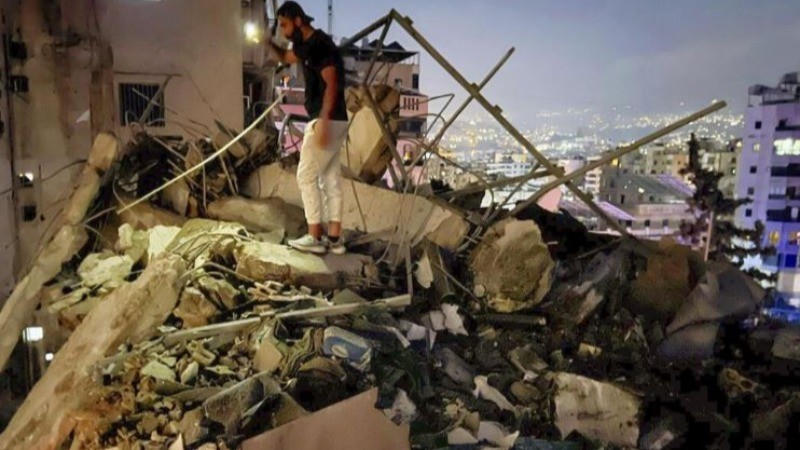
The Israeli military announced on Tuesday, October 8, that it had killed a senior Hezbollah commander in a strike on Beirut. This event occurred just a day after the one-year anniversary of the October 7 attack, which was marked by global mourning and demonstrations. The military identified the commander as Suhail Husseini, stating he was responsible for managing logistics, budgeting, and operations within the militant group.
Husseini was reportedly involved in the transfer of advanced weaponry from Iran and its distribution among various Hezbollah units. He was also a member of the group's military council. In recent weeks, Israeli strikes have targeted Hezbollah's top leadership, including its overall leader, Hassan Nasrallah. Additionally, last week, Israel initiated a limited ground incursion into southern Lebanon.
Hezbollah has claimed it has replaced its fallen commanders and remains committed to launching rockets, missiles, and drones into Israel until a cease-fire is established in Gaza. The group has been acting in support of Hamas, which has been engaged in conflict with Israel for the past year.
In a related development, Palestinian militants in Gaza launched a significant rocket barrage into Israel on Monday, demonstrating their resilience amid a devastating Israeli offensive in Gaza. This offensive has reportedly resulted in the deaths of approximately 42,000 Palestinians, according to local medical officials, and has led to widespread destruction and displacement of around 90% of the population.
A year ago, Hamas-led militants breached Israel's security fence, attacking army bases and farming communities, resulting in the deaths of around 1,200 individuals, primarily civilians, and the abduction of another 250. It is believed that about 100 captives remain in Gaza, with a third presumed dead.
On Monday, the Health Ministry of Lebanon reported that an Israeli strike in the southern region killed at least 10 firefighters. Despite recent losses, Hezbollah has continued to fire rockets into Israel.
Quds Force Chief Missing After Beirut Airstrikes, Two Iranian Officials Confirm
Hezbollah Rockets Hit Israel’s Haifa, Blasts Rock Beirut; 10 Injured